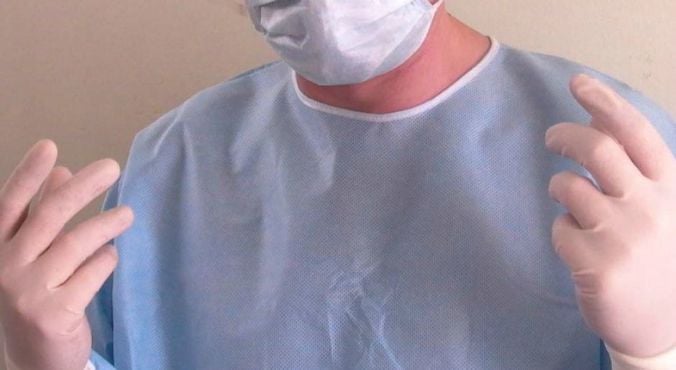
Image via ABC.
By Elise Worthington.
The Royal Australian College of General Practitioners (RACGP) has introduced world-first guidelines to respond to the increasing number of women visiting GPs to ask about female genital cosmetic surgery.
The guidelines are designed to help doctors navigate women’s concerns about their genital appearance and understand the underlying reasons why they may believe they look “abnormal”.
Author Dr Magdalena Simonis from the RACGP said often GPs were the first point of contact for women with questions about genital appearance.
RELATED: Could your extreme vagina pain be vulvodynia?
“They might come in requesting a referral or they might just express some embarrassment when they come in for a gynaecological check-up,” Dr Simonis said.
“A lot of women don’t know enough about their own genital anatomy to define what it is they want modified and they don’t understand this could have negative long-term implications for them.
“They say things like ‘I feel this is ugly or horrible’, they use terms like ‘disgusting’ and ‘hanging out’ so most of the comments are related to their aesthetic appearance as opposed to a functional issue.”
Dr Simonis said the increase in women consulting GPs about genital cosmetic surgery had concerned doctors who felt they needed more education.
RELATED: Cosmetic vagina surgery that can be done on your lunch break.
“I received a very distressed email from a colleague who reported one of her patients had actually attended a surgeon in Thailand who reported when she awoke, she found that she had not only a labiaplasty but a complete clitoridectomy [removal of the clitoris], so she was devastated,” she said.

